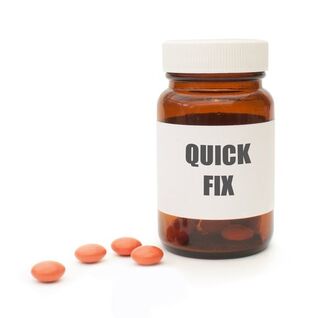 Welcome to my second blog in the ’Acupuncture Myth Busters’ series. Today I’d like to respond to one of the most common questions that prospective patients ask: ‘Can Acupuncture cure (your particular health condition)’? As ever, my answer would be a cautious ‘that depends’. But before we look at that in more detail, let me examine the key word here: ‘cure’. To me, and to most dictionaries, ‘cure’ means to engage with a health issue causing it to go away entirely and with no expectation it will ever return. Can Acupuncture deliver that? Well frankly, the answer is ‘sometimes’. It all depends on what the condition is and who is experiencing it. For example, a muscular-skeletal issue such as tennis elbow or frozen shoulder might well go away completely and never recur after a short course of acupuncture. In that case it would be valid to regard the patient as cured. But what about say, chronic asthma, osteoarthritis, or a lifelong tendency to anxiety: can Acupuncture cure those? I think the answer almost always has to be ‘no’ - and nor can any other therapy or medical treatment, because in the majority of those cases those conditions and many more besides are simply not curable. We often just have to live with them. But please don’t despair, help is still at hand. To show you what I mean, let’s look more closely at osteoarthritis as an example. Osteoarthritis is a painful condition that involves swelling, pain and often physical distortion in the joints almost anywhere in the body. Its name literally means ‘inflammation of the bones and joints’. There are many reasons why it happens, but the most basic one is wear and tear, a natural part of the ageing process. If we are lucky enough to live a long life we will almost inevitably experience some measure of osteoarthritis (although it can even strike in childhood). I’d even call it a human norm. So far so depressing, but what can be done? Back to Acupuncture. Whilst nobody could seriously offer to ‘cure’ you of your arthritis, I’d be pretty confident that with an appropriate course of regular Acupuncture, the therapy could make a big difference. We’re talking quality of life here. In this case I’d be aiming to reduce pain, clear a lot of the inflammation, improve mobility and maybe even slow the progress of the condition. All of that is usually achievable, although of course factors such as age, severity, occupation, general health, diet and the number of Acupuncture treatments you have will all play their part. The idea is to get you as comfortable as possible by limiting the impact of the condition, and then to try and keep you at that more healthy level by giving regular treatments. It has the same logic as keeping your car serviced, and in most cases it’s very do-able. The same would go for a great many chronic health conditions. No cure, sadly, but a general improvement in the quality of life and a careful management of symptoms over the long term. That goes for mental/emotional issues as well as physical ones. Any well experienced Acupuncturist should be able to give you an accurate assessment of what can and cannot be achieved, and how long that might take. So whatever your health condition, my advice is: it costs absolutely nothing to ask and I might well be able to help you. And on that upbeat note, here’s my number and email address for enquiries. I’d love to hear from you:
0 Comments
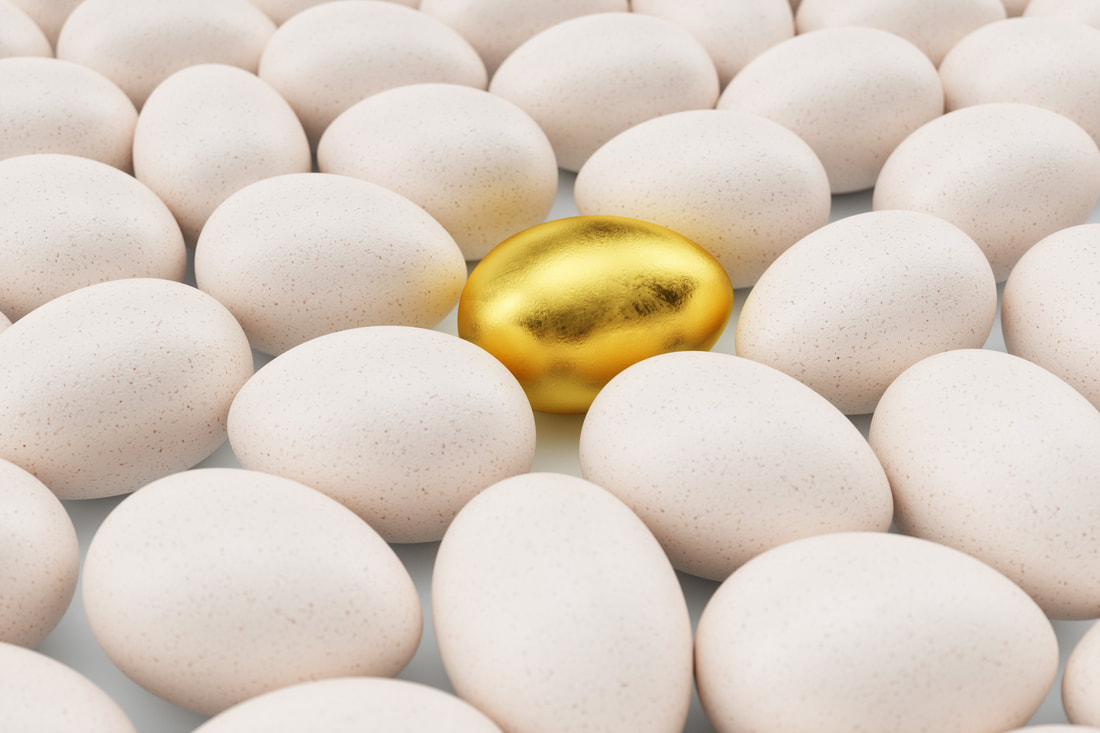 This is the first in what I’m hoping will be a series of short ‘Myth Buster’ articles about Acupuncture. I’d like to take a closer look at what Acupuncture can and can’t do, and what a patient might realistically expect from the therapy. Today I’m going to give my take on the vital importance of ‘tailored’ as in, personalised, treatments, a cornerstone of Traditional Chinese Acupuncture. Prospective patients often ask me: ‘Is Acupuncture good for…. X?’ I always reply, ‘that depends on who you are’. Whilst that might not seem very helpful at face value, there is method to the madness, and a fundamental principle of Chinese health practices. So bear with me… Let’s say, for example, that ‘X’ in this case is osteo-arthritis, an exceptionally common complaint. Is Acupuncture good for that? Whilst I’d almost always give a cautious ‘yes’, I’d still need a lot more information from the patient before I could give a useful reply. So: How long have you had arthritis? Where in your body is it? How bad is it? Is it stable, or getting worse? Have you ever injured that part of your body? How old are you? What medications are you on? Do you have any other illnesses? What is your diet like? (It makes a big difference in this case). How much exercise do you get, and what kind? Is there a significant family history of arthritis? Could the joint damage be related to work, or some other repetitive activity you do regularly? How badly does the weather affect your pain? What does it stop you from doing? Are there any other circumstantial factors that might be involved? (For example, I once treated a man whose job required him to prepare meat for eight hours a day in the chiller/freezer section of a supermarket. Unsurprisingly his hands hurt and were clearly arthritic. Whilst he still held down that job, my ability to help him was hampered to say the least)… Your GP might well ask these questions too, as the answers might all have something to say about your prognosis (the expected outcome of treatment). Where we differ is that a Traditional Acupuncture treatment will then be tailored specifically to you, not to the disease label of ‘arthritis’. This gives more flexibility, and the treatment can evolve and change to adapt to any improvements or worsening of the condition in a way that is both smooth and subtle. However it will never be exactly the same treatment that someone else will receive. Why? Because they’re not you! Every aspect of your health history, genetic heritage and lifestyle might impact on how you are treated with acupuncture; it all counts. All of which should help answer the other most Frequently Asked Question about Acupuncture: ‘where do the needles go for X?’ By now I’m guessing you know the answer to this one: it all depends on who you are, doesn’t it? PHEW WOT A SCORCHER! (TRADITIONAL CHINESE HEALTHCARE ADVICE ON HOW TO THRIVE IN A HEATWAVE)11/8/2022
A great deal of the advice coming from ancient Chinese sources is instantly recognisable to us today. This is hardly surprising, as it’s all based on observation and sound common sense: keep hydrated, stay out of the direct sun, make sure you’re replacing salts lost through sweating, don’t allow yourself to get sunburned, wear a hat and so forth. We know all this already. However, the ancient Chinese took things a little further than we do today. They were fascinated by how the weather affected our health, especially in terms of how specific climatic conditions impacted on us. These adverse effects were called, rather quaintly perhaps, ‘the Pernicious Influences’, which really translates as the damage done to us by factors such as Cold, Damp, Wind and so on. The Chinese even went so far as to study exactly which meridians and acupuncture points might be ‘invaded’ by each Pernicious Influence – making us ill in predictable ways - and came up with protocols for how to deal with them. As an Acupuncturist I spend a lot of my time treating in this way. Generally the UK’s location means that Wind, Cold and particularly, Damp are persistent issues. (Just ask anybody who lives on Dartmoor and also suffers from osteoarthritis!) Right now though, a cool breeze or a little bit of rain would be more than welcome I suspect. The Pernicious Influence we’re currently dealing with, obviously, is Heat. So apart from basic measures such as the ones I’ve listed above, what else can be done? A lot of it comes down to diet. We naturally gravitate to ‘cooling’ foods anyway: some raw cucumber might seem appealing to us today, but might be far less so on a snowy January morning, for example. However with a little knowledge we can refine this natural tendency to adjust our diets according to the weather. ‘Cooling’ foods are good right now, clearly, but one has to exercise caution. Too cold, and a food or drink can play havoc with your digestive enzymes, (or Stomach Chi, as an Acupuncturist might say). So anything straight out of the chiller or the icebox is potentially detrimental. If you’re putting ice cubes in your drinks, or taking a salad out of the fridge, please do let them warm up a little bit. (I’m not suggesting you let them get lukewarm, just never super-chilled, even when this might feel pleasant). Then there are ‘cooling’ foods that we might not have considered. For example, green tea. ‘Ordinary’ tea (black tea) has a warming effect, and in China and Japan is often taken only in Autumn and Winter. Green tea, however, is cooling. In Japan especially, cold (but not too cold!) green tea is used as a refreshing and health giving summer drink. Camomile, peppermint and elderflower teas or cordials have similar qualities.
Fibromyalgia: It’s good to see some quality research coming out on the treatment of this unpleasant and life-sapping condition.
Auricular (Ear) acupuncture is a respected micro-system within Traditional Chinese Acupuncture. It has a very long history indeed. The idea is that the ear houses literally dozens of tiny acupoints that can be needled to effect a positive change in a person’s mental and physical health. This was part of my original training in acupuncture.
|
| This October is Menopause Awareness Month; a time to focus on issues surrounding this life-changing transition. Hopefully there will be plenty of news on the latest medical and scientific breakthroughs. As an Acupuncturist in the Chinese Medicine tradition, I’ve decided to write today about East Asian approaches to menopause. So rather than having something brand new to say, instead I’m looking here at methods that have been working well for women for many centuries. But how does this approach differ from a more ‘conventional’ route, for example, HRT? |
The first thing to point out is that, as every single woman is unique, so is every single menopause! This might sound obvious, and yet it highlights what is often a very different mindset between East and West. As an Acupuncturist, I’m trained to treat each patient as a distinct individual, even if her symptoms appear almost identical to many other women. But she is not identical: she will have a different personal history, different genetics, and maybe a different lifestyle to anyone else. It follows that the treatment itself will have to be tailored accordingly. Many women find this approach both useful and refreshing.
This is all very well, but the million-dollar question remains: does Acupuncture actually work for women going through the change? With very few exceptions I’d have to say a resounding ‘yes’! I can say that with some confidence because I have been doing this job for a very long time now, and I’d like to think I’ve helped a great many women tackle their issues with this time of life. From the feedback I’ve received, the majority of results have been overwhelmingly positive. (Although let’s be very clear about this, Acupuncture doesn’t aim to ‘cure’ anyone of the menopause. The change is a natural process and so that’s arguably not something we should be aiming for anyway). Instead, the entire idea is to help alleviate symptoms, boost energy levels and enhance the quality of life. Usually, given a short course of treatment, that is exactly what happens.
If you’re reading this and would like to know more, please don’t hesitate to contact me: 07764 586866
This is all very well, but the million-dollar question remains: does Acupuncture actually work for women going through the change? With very few exceptions I’d have to say a resounding ‘yes’! I can say that with some confidence because I have been doing this job for a very long time now, and I’d like to think I’ve helped a great many women tackle their issues with this time of life. From the feedback I’ve received, the majority of results have been overwhelmingly positive. (Although let’s be very clear about this, Acupuncture doesn’t aim to ‘cure’ anyone of the menopause. The change is a natural process and so that’s arguably not something we should be aiming for anyway). Instead, the entire idea is to help alleviate symptoms, boost energy levels and enhance the quality of life. Usually, given a short course of treatment, that is exactly what happens.
If you’re reading this and would like to know more, please don’t hesitate to contact me: 07764 586866
| July 19th is the much advertised ‘Freedom Day’ in England. Understandably, a few of my patients have expressed concern about how this might affect Covid-19 protocols in the treatment room. As yet I have had no formal guidance from the Government on what measures therapists will be required to take regarding PPE, sanitising etc. Just this morning I received an email from my governing body, the BAcC (British Acupuncture Council), just to let me know that they too have heard nothing. So, as things stand I am clearly going to have to set my own policy as we move forward – and here it is! |
As from July 19th I shall continue to wear PPE and observe Covid-related protocols just as I have been doing throughout the pandemic. This will not change for the foreseeable future, even if the government announces a relaxation of these measures and declassifies them as a legal requirement. (This is quite likely, I think).
Inevitably the time will eventually come when none of these measures will be necessary, but with infection and even death rates on the rise I would hazard a guess that a genuine ‘freedom day’ might yet be a long way off. Until then – safety first! I have also already begun a programme of regular lateral flow testing, and will of course self-isolate and inform my patients should I ever test positive. So far I seem to have escaped the dreaded bug entirely, which suggests the measures really do work - but there’s still no room for complacency.
I hope this little announcement helps to clarify my position and set people’s minds at ease.
Stay safe, everybody!
Inevitably the time will eventually come when none of these measures will be necessary, but with infection and even death rates on the rise I would hazard a guess that a genuine ‘freedom day’ might yet be a long way off. Until then – safety first! I have also already begun a programme of regular lateral flow testing, and will of course self-isolate and inform my patients should I ever test positive. So far I seem to have escaped the dreaded bug entirely, which suggests the measures really do work - but there’s still no room for complacency.
I hope this little announcement helps to clarify my position and set people’s minds at ease.
Stay safe, everybody!
I recently posted a link to an excellent article printed by the British Medical Journal, (BMJ). In it, the authors discussed various scientific appraisals of the use of Acupuncture in the treatment of migraine. Not surprisingly (to me at least, as I am after all an Acupuncturist), the findings were very positive indeed. Wow, this stuff really does work, etc etc. Fantastic! I felt the findings were at the very least worth sharing on Facebook.
However, terrible ingrate that I am, I was still left with a familiar niggle; something which didn’t quite sit well with me despite all the positivity. I thought about this for a day or two, to see if I could articulate exactly what it was that was bothering me. The fact was, even though this had been a highly positive article that lent scientific weight to at least one small subsection of my professional remit – surely a good thing - I still felt vaguely… patronised.
I decided to take this apart and look at it. First of all, I recognised that I had no quarrel whatever with the individual scientists who had done the research and published the paper, and nor was the BMJ in any way to be criticised for printing it. They had done my profession a favour, after all. No: it was something else.
I am a Traditional Chinese Medicine-style Acupuncturist, so the treatment you might get from me for any particular ailment would be pretty much what you’d get from an Acupuncturist in Beijing or Shanghai. This is a complex branch of world medicine with a rich and diverse history, its roots stretching back three thousand years or more. In that time it has evolved considerably, but is still recognisably the same stand-alone, coherent and successful system. The Chinese themselves, perhaps for nationalistic reasons, are also keen to publish their own scientific findings on their traditional techniques. Sadly, a great deal of this is still published only in Mandarin and is therefore not entirely accessible to mainstream scientists from outside China.
My take on all this is slightly ambivalent. Yes, scientific research is obviously a highly valuable asset for humanity, as is anything that increases our knowledge. At the same time, though, I find myself regretting the overwhelming assumption that we Westerners are particularly guilty of, that nothing is valid, or real, or even worth taking seriously, unless it has been validated in a laboratory. In other words, the underlying attitude that we all grow up with is: it’s not real until a scientist says it is. Scientists themselves do not tend to question this paradigm, and why would they?
| So let’s get back to Acupuncture in the treatment of migraines. Do I need the BMJ to validate what I do each time I treat somebody for a migraine? No! And why not? Because we Acupuncturists have been dealing with people’s migraines with great success for literally thousands of years. We already know it works. The BMJ article, and all others like it, are fascinating and affirming, but for me they really change nothing. It’s really a case of ‘thanks Guys, that’s great, but please tell me something I didn’t already know’. |
I’ll leave you with this thought: In China, traditional approaches to health, including Acupuncture, are seamlessly integrated into the mainstream health services and are used side by side with modern drugs and surgery. So can two billion Chinese really be that wrong, or do we here in the West have the final say on what is, and what is not valid? Go ponder!
As an Acupuncturist, I regard myself as part of the ‘Complementary Medicine’ or even the ‘Traditional Medicine’ community. In all the years I have practiced I have never really seen myself as engaged in something called ‘Alternative’ Medicine. Complementary versus Alternative… what’s in a word? I would just like to take a minute or two to argue that there might actually be a world of difference. Even people within the profession often use the two terms interchangeably, but to me, at the heart of this is a debate about two opposing mindsets. If only for the sake of better clarity, I think this is a debate worth having.
The crux of the matter, I believe, lies in attitudes towards what I’m going to call Western Medicine (yet another label!). In this case I’m using ‘Western Medicine’ to refer to the standard medical profession as practiced in this country by the NHS. It’s what you get when you go to see your GP, or spend time in hospital. We’ve all had some, and arguably many of us might not now be alive if we hadn’t! This is essentially a science and technology-based approach to human health that relies as its mainstays upon drug therapies, for example antibiotics, and surgery. It also of course includes an entire range of modalities such as physiotherapy and psychotherapy.
Western Medicine is a vast, highly sophisticated system, that, love it or hate it, is not going away anytime soon. It will most likely continue to be the dominant system for delivering health across the world for the imaginable future. But inevitably, there are problems with Western Medicine, and I believe that it is the response to these problems that defines the difference between Complementary and Alternative Medicine.
So what are the problems with Western Medicine? Some are very obvious: drugs frequently induce very unwelcome side-effects, sometimes requiring even more drugs to combat those effects. Surgery is also not without its hazards. Then there exists an entire range of concerns about the influence of corporate financial interest (the dreaded Big Pharma) or cynical political interference. Arguably some drugs are not tested adequately, and so on and so forth. There really are good grounds to be concerned about many of these issues, even if they do provide endless fodder for some of the wilder conspiracy theories.
The crux of the matter, I believe, lies in attitudes towards what I’m going to call Western Medicine (yet another label!). In this case I’m using ‘Western Medicine’ to refer to the standard medical profession as practiced in this country by the NHS. It’s what you get when you go to see your GP, or spend time in hospital. We’ve all had some, and arguably many of us might not now be alive if we hadn’t! This is essentially a science and technology-based approach to human health that relies as its mainstays upon drug therapies, for example antibiotics, and surgery. It also of course includes an entire range of modalities such as physiotherapy and psychotherapy.
Western Medicine is a vast, highly sophisticated system, that, love it or hate it, is not going away anytime soon. It will most likely continue to be the dominant system for delivering health across the world for the imaginable future. But inevitably, there are problems with Western Medicine, and I believe that it is the response to these problems that defines the difference between Complementary and Alternative Medicine.
So what are the problems with Western Medicine? Some are very obvious: drugs frequently induce very unwelcome side-effects, sometimes requiring even more drugs to combat those effects. Surgery is also not without its hazards. Then there exists an entire range of concerns about the influence of corporate financial interest (the dreaded Big Pharma) or cynical political interference. Arguably some drugs are not tested adequately, and so on and so forth. There really are good grounds to be concerned about many of these issues, even if they do provide endless fodder for some of the wilder conspiracy theories.
| Then there are the often-touted criticisms of the entire Western Medicine world view. It is often described as ‘allopathic’, meaning that it tends to treat isolated symptoms rather than looking at the ‘whole person’, which is the main stance taken by Complementary Medicine. At worst it also tends to regard itself as offering the only valid approach to human health available, although this viewpoint is slowly changing for the better. In general, I’d say there really is something to all of these arguments. |
So if, as an Acupuncturist, I side with some of the broader critiques of Western Medicine, why am I still not comfortable with the term ‘Alternative Medicine’? Simple: because in my experience the label arises out of a mindset that is fundamentally antagonistic. This doesn’t always benefit the patient, and it is the patient that matters!
‘Alternative Medicine’ tends to arise out of a desire to oppose the ‘system’, the system in this case being the entire framework of Western Medicine and most especially, Big Pharma. Even though there are genuine concerns (and genuine people) behind these attitudes, I’m always dismayed when some within the Alternative community produce a strident knee-jerk response to the actions of institutions or individuals they basically view as ‘the enemy’. Their argument tends to go like this: Big Pharma rules the planet, aided and abetted by corrupt politicians and self-serving scientists. Doctors are either brainwashed by their medical training (and therefore unconsciously harming people all day, every day) or for selfish reasons are actively promoting products that damage the public wellbeing. Finally, all drugs, especially vaccines, are bad, bad, bad. The antidote to this medical dystopia, apparently, is to deliver ‘Alternative Medicine’ which is totally natural, safe and in every case vastly more effective than Western Medicine. It’s called Alternative because it aims to replace drugs or surgery entirely. Yikes! I’m not exaggerating here; I have actually witnessed a colleague many years ago tell someone with an advanced lung infection not to take their prescribed antibiotics, because that would be ‘dangerous’ for them. The patient went on to develop acute double-pneumonia and nearly died – to me, a triumph of ideology over common sense and basically, bad practice.
‘Complementary Medicine’ on the other hand, is far less ideologically driven and has, I might argue, a more realistic approach to human health. The way I see it, my Acupuncture treatments are designed to work with, and around, whatever Western Medical treatments a patient is undergoing. Yes, drugs can sometimes produce nasty side-effects and it would be truly wonderful if no one ever had to take them, but that’s not going to happen. Some people are only on their feet, or alive at all, because of their drugs. Yes, it is often true that after a course of treatment some patients can be sufficiently well enough to go back to their doctor and negotiate, less, or different drugs, but that is still very much a case of working with the doctor, not instead of them. Very often people come to me specifically to help counter the side-effects of their medication, and this can be very effective. Nobody ever suggests they should stop taking the drugs! Or take the case of someone who has just had a massive heart attack or been run over by a truck. Do they call their Acupuncturist? A Herbalist? A Reflexologist? No! Of course they don’t: they call an ambulance and then come and see a Complementary practitioner for some assistance with their rehabilitation – after they’re out of hospital and in a stable condition. In this way Acupuncture, and many other therapies, can ‘complement’ standard medical care and also be flexible enough to provide that ‘bigger picture’ that sees the whole person and not just their symptoms. I call that teamwork, and if we are really going to deliver the best possible healthcare in this country, then there really is no ‘alternative’ to teamwork.
‘Alternative Medicine’ tends to arise out of a desire to oppose the ‘system’, the system in this case being the entire framework of Western Medicine and most especially, Big Pharma. Even though there are genuine concerns (and genuine people) behind these attitudes, I’m always dismayed when some within the Alternative community produce a strident knee-jerk response to the actions of institutions or individuals they basically view as ‘the enemy’. Their argument tends to go like this: Big Pharma rules the planet, aided and abetted by corrupt politicians and self-serving scientists. Doctors are either brainwashed by their medical training (and therefore unconsciously harming people all day, every day) or for selfish reasons are actively promoting products that damage the public wellbeing. Finally, all drugs, especially vaccines, are bad, bad, bad. The antidote to this medical dystopia, apparently, is to deliver ‘Alternative Medicine’ which is totally natural, safe and in every case vastly more effective than Western Medicine. It’s called Alternative because it aims to replace drugs or surgery entirely. Yikes! I’m not exaggerating here; I have actually witnessed a colleague many years ago tell someone with an advanced lung infection not to take their prescribed antibiotics, because that would be ‘dangerous’ for them. The patient went on to develop acute double-pneumonia and nearly died – to me, a triumph of ideology over common sense and basically, bad practice.
‘Complementary Medicine’ on the other hand, is far less ideologically driven and has, I might argue, a more realistic approach to human health. The way I see it, my Acupuncture treatments are designed to work with, and around, whatever Western Medical treatments a patient is undergoing. Yes, drugs can sometimes produce nasty side-effects and it would be truly wonderful if no one ever had to take them, but that’s not going to happen. Some people are only on their feet, or alive at all, because of their drugs. Yes, it is often true that after a course of treatment some patients can be sufficiently well enough to go back to their doctor and negotiate, less, or different drugs, but that is still very much a case of working with the doctor, not instead of them. Very often people come to me specifically to help counter the side-effects of their medication, and this can be very effective. Nobody ever suggests they should stop taking the drugs! Or take the case of someone who has just had a massive heart attack or been run over by a truck. Do they call their Acupuncturist? A Herbalist? A Reflexologist? No! Of course they don’t: they call an ambulance and then come and see a Complementary practitioner for some assistance with their rehabilitation – after they’re out of hospital and in a stable condition. In this way Acupuncture, and many other therapies, can ‘complement’ standard medical care and also be flexible enough to provide that ‘bigger picture’ that sees the whole person and not just their symptoms. I call that teamwork, and if we are really going to deliver the best possible healthcare in this country, then there really is no ‘alternative’ to teamwork.
I’ve been working as an Acupuncturist for almost twenty-five years. One of the buzz-words in pretty much all Complementary Medicine is ‘grounding’, and that is something I have been discussing with clients for a very long time. Now, in the midst of a highly challenging Covid-19 pandemic, the need to manage our anxieties and stay focused seems greater than ever. Over the years I have lost count of the number of people who have come to me saying they want my Acupuncture to help them ‘feel more grounded’. I’d like to think that it really does, but this blog is not about Acupuncture as such.
So, if being ‘grounded’ is such a common ambition, why does it seem so hard to achieve? My observation has always been that a failure to ground oneself is much more a matter of clarity than ability. In other words, you can’t take the necessary steps to ground yourself until you know exactly what you mean by ‘grounding’.
To get a feel for this, I think it’s useful to take a brief look at what being grounded is not! What would be the exact opposite of that happy state? Here’s a provisional checklist just to give a flavour, although no doubt it could be longer:
In my experience, being grounded is NOT:
Feeling nervous or anxious. Feeling distracted. Feeling overwhelmed. Feeling like you’re just not coping. Having your head in the clouds and being a bit of a ‘dreamer’. Swinging between emotional highs and lows. Being inconsistent. Focusing on the relatively trivial at the expense of what really matters to you. Being unable to concentrate. Dividing your time and energy in a haphazard way that limits what you actually achieve. Feeling that you’re just getting through each day, rather than actually living it. Not being able to switch your mind off, especially when you know you should be sleeping. Distracting yourself with, for instance, TV or shopping. Having great plans, but never seeing them through. Procrastinating. Being unrealistic. Feeling you’re going round in circles. Ignoring daily practicalities. Putting your personal wellbeing on almost permanent hold. Not allowing yourself enough time to rest, either mentally or physically… in short, running around like the proverbial headless chicken!
Any of that sound familiar to you? I’ll be the first to put my hand up and admit that I am sometimes guilty of pretty much everything on the list! But that’s ok, because this isn’t about being perfect or ‘getting it right’; at least not at first anyway. This is more about taking appropriate steps to slowly but surely bring your life ever more under your own conscious control. So now we’ve had a look at what being ungrounded might mean, how about its opposite? To me as a therapist, a grounded person usually looks a lot like this:
So, if being ‘grounded’ is such a common ambition, why does it seem so hard to achieve? My observation has always been that a failure to ground oneself is much more a matter of clarity than ability. In other words, you can’t take the necessary steps to ground yourself until you know exactly what you mean by ‘grounding’.
To get a feel for this, I think it’s useful to take a brief look at what being grounded is not! What would be the exact opposite of that happy state? Here’s a provisional checklist just to give a flavour, although no doubt it could be longer:
In my experience, being grounded is NOT:
Feeling nervous or anxious. Feeling distracted. Feeling overwhelmed. Feeling like you’re just not coping. Having your head in the clouds and being a bit of a ‘dreamer’. Swinging between emotional highs and lows. Being inconsistent. Focusing on the relatively trivial at the expense of what really matters to you. Being unable to concentrate. Dividing your time and energy in a haphazard way that limits what you actually achieve. Feeling that you’re just getting through each day, rather than actually living it. Not being able to switch your mind off, especially when you know you should be sleeping. Distracting yourself with, for instance, TV or shopping. Having great plans, but never seeing them through. Procrastinating. Being unrealistic. Feeling you’re going round in circles. Ignoring daily practicalities. Putting your personal wellbeing on almost permanent hold. Not allowing yourself enough time to rest, either mentally or physically… in short, running around like the proverbial headless chicken!
Any of that sound familiar to you? I’ll be the first to put my hand up and admit that I am sometimes guilty of pretty much everything on the list! But that’s ok, because this isn’t about being perfect or ‘getting it right’; at least not at first anyway. This is more about taking appropriate steps to slowly but surely bring your life ever more under your own conscious control. So now we’ve had a look at what being ungrounded might mean, how about its opposite? To me as a therapist, a grounded person usually looks a lot like this:
| Calm (well, most of the time!). Focused and not easily distracted. Able to set and achieve realistic goals, without getting sidetracked. Able to think and act flexibly, adapting well to new situations and challenges. Rested and relaxed, but fairly energetic when the need arises. Sleeping well, and putting some consistent time into personal wellbeing. Feeling that life is fully under your control without force or excess effort. Having your feet firmly on the ground. Having a sense of realism and clarity. Being basically content and happy. |
Well, that’s all very well, you might say, but how would you ever get there? It’s always been my observation that for most of us, ‘grounding’ takes a bit of practice. It’s a life skill, and one that doesn’t always come naturally, especially in the midst of 21st Century information overload. But where to even start?
Fortunately, at least one group of people spent a great deal of time (actually, centuries), trying to answer just that question. They didn’t invent ‘grounding’, but they certainly came to know a great deal about it. These were the ancient Chinese Daoists; philosophers who gave the world such technologies as Acupuncture, Chinese herbal medicine, T’ai Chi (and its cousin, Chi Kung); not to mention highly sophisticated meditation, martial arts and exercise techniques. Engaging with any one of these would be extremely useful in helping you ground yourself. But that’s really not the point: any good Daoist would also have told you that grounding is not really a matter of technique – it’s more a matter of attitude.
By ‘attitude’, I mean that any one of us can adopt a certain mindset that includes the firm intention to stay grounded. We can start this today: right here, right now, and we don’t need to be a special sort of person or know anything about obscure Asian practices. (Those would help tremendously, of course, but they often require a lifelong commitment and are not to everyone’s taste). Fortunately, you don’t need to be a wise old meditation master to get the results you want. What one really needs are qualities like: honesty (with oneself), consistency, a sense of humour, a commitment to wellbeing, a willingness to always ‘see the bigger picture’ and to always keep a sense of perspective. Finally, what is needed is a willingness to accept ourselves as we are, which includes our inevitable daily failures.
Those ancient Chinese Daoists were extraordinarily practical and realistic people. They knew that to constantly get things wrong was simply to be human. They also knew that with the right attitude and a little application, we could all be happier and far more grounded humans. I think that has got to be something worth trying!
This blog is designed to pique your interest. It’s clearly not an attempt to provide a ‘how to do it’ guide. If you have any questions about anything I’ve written here, please feel free to contact me. An email would be just fine!
Fortunately, at least one group of people spent a great deal of time (actually, centuries), trying to answer just that question. They didn’t invent ‘grounding’, but they certainly came to know a great deal about it. These were the ancient Chinese Daoists; philosophers who gave the world such technologies as Acupuncture, Chinese herbal medicine, T’ai Chi (and its cousin, Chi Kung); not to mention highly sophisticated meditation, martial arts and exercise techniques. Engaging with any one of these would be extremely useful in helping you ground yourself. But that’s really not the point: any good Daoist would also have told you that grounding is not really a matter of technique – it’s more a matter of attitude.
By ‘attitude’, I mean that any one of us can adopt a certain mindset that includes the firm intention to stay grounded. We can start this today: right here, right now, and we don’t need to be a special sort of person or know anything about obscure Asian practices. (Those would help tremendously, of course, but they often require a lifelong commitment and are not to everyone’s taste). Fortunately, you don’t need to be a wise old meditation master to get the results you want. What one really needs are qualities like: honesty (with oneself), consistency, a sense of humour, a commitment to wellbeing, a willingness to always ‘see the bigger picture’ and to always keep a sense of perspective. Finally, what is needed is a willingness to accept ourselves as we are, which includes our inevitable daily failures.
Those ancient Chinese Daoists were extraordinarily practical and realistic people. They knew that to constantly get things wrong was simply to be human. They also knew that with the right attitude and a little application, we could all be happier and far more grounded humans. I think that has got to be something worth trying!
This blog is designed to pique your interest. It’s clearly not an attempt to provide a ‘how to do it’ guide. If you have any questions about anything I’ve written here, please feel free to contact me. An email would be just fine!
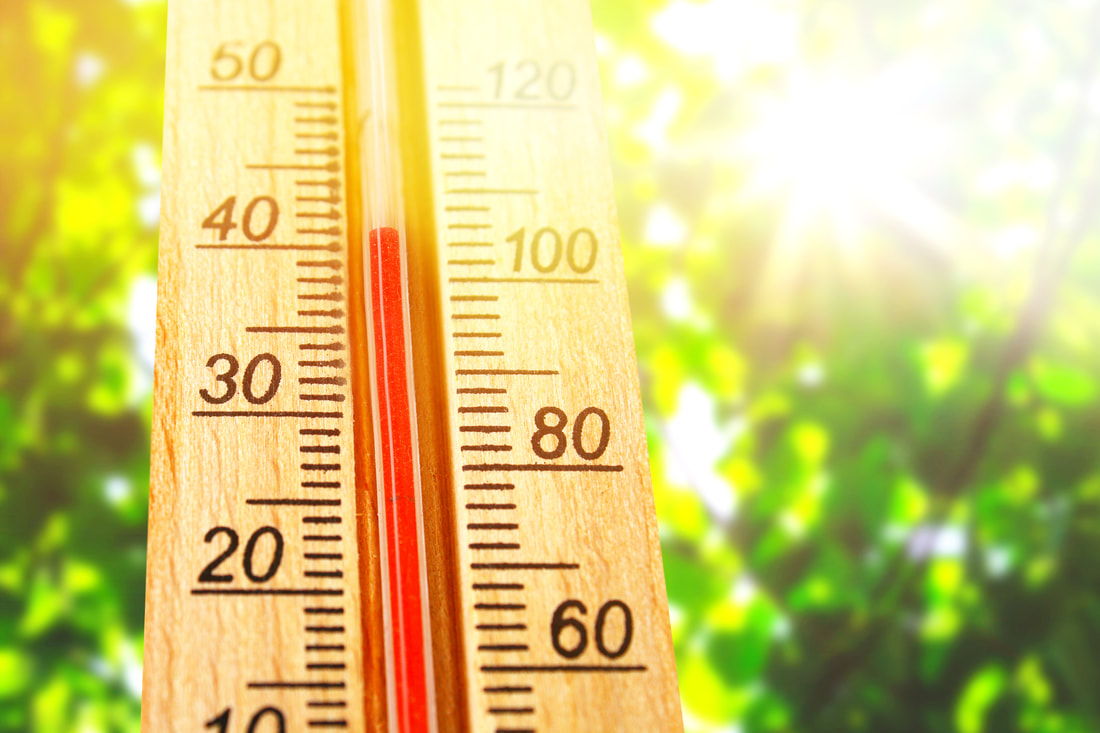

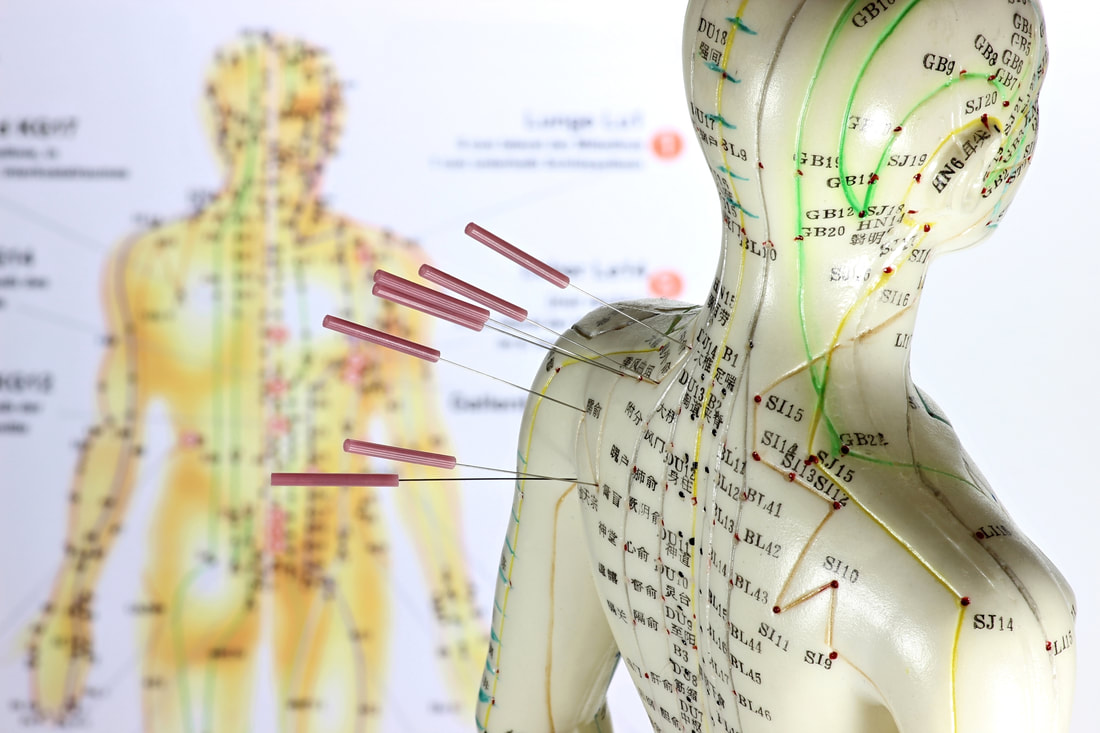
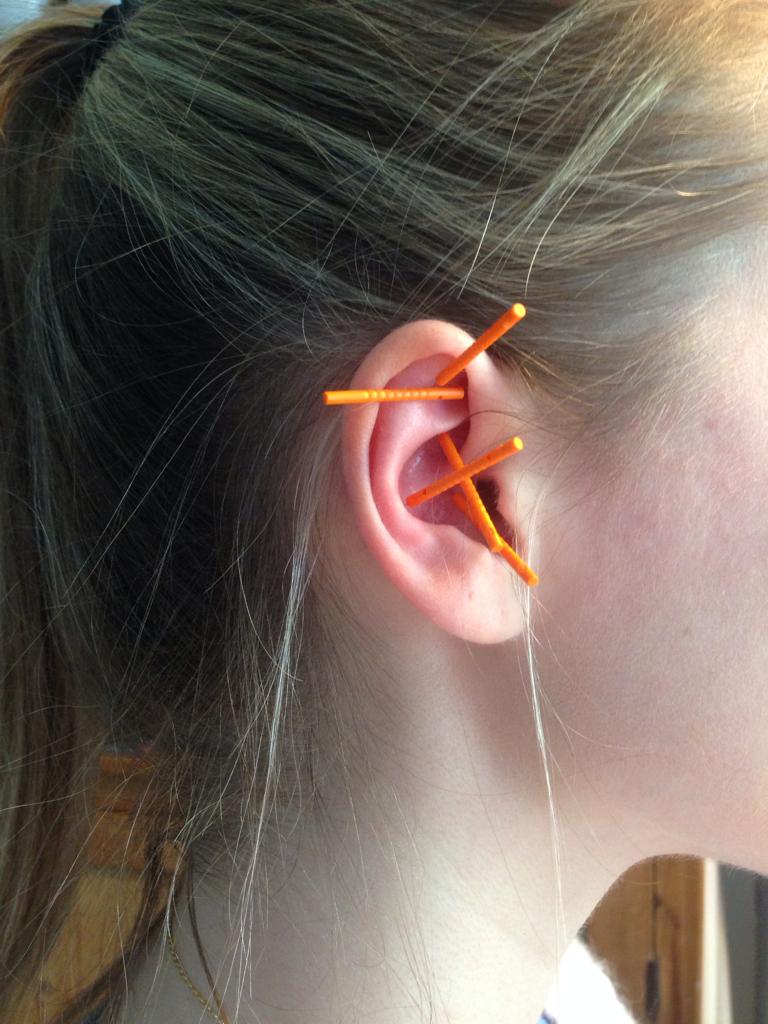
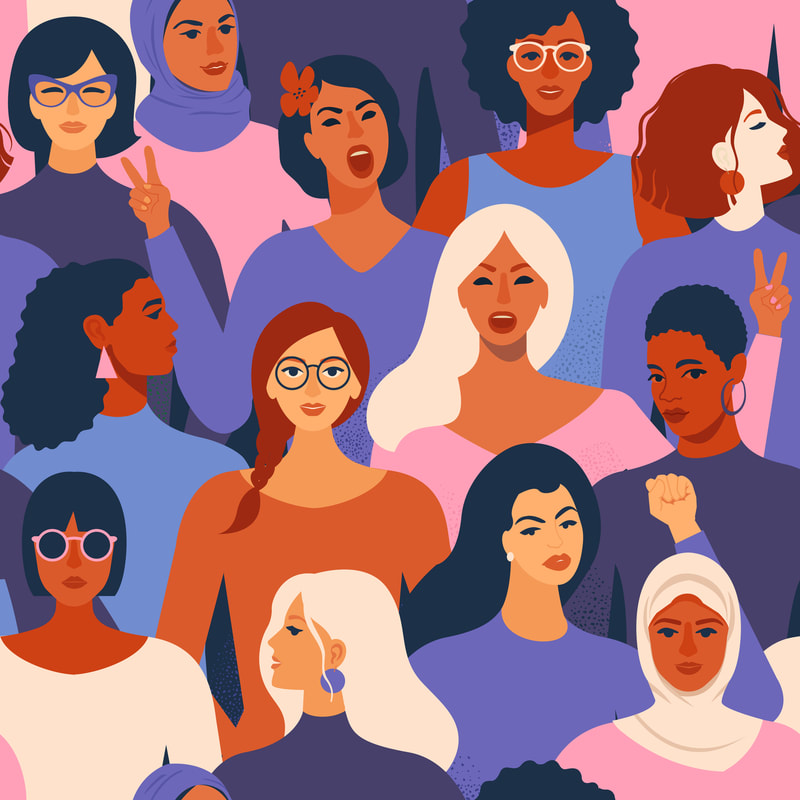
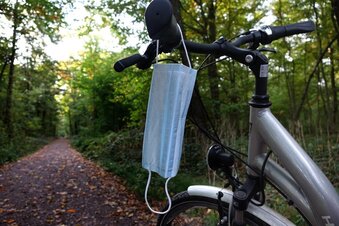
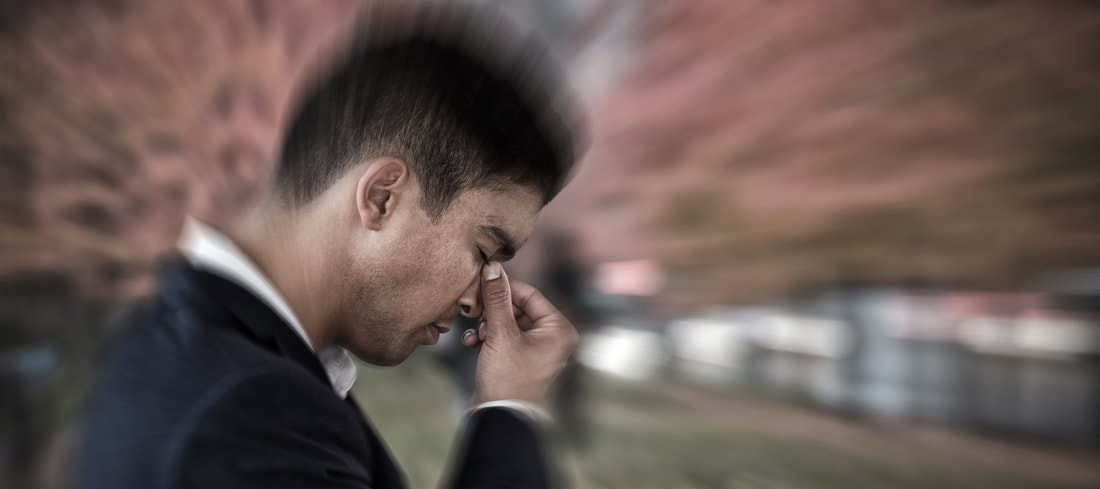
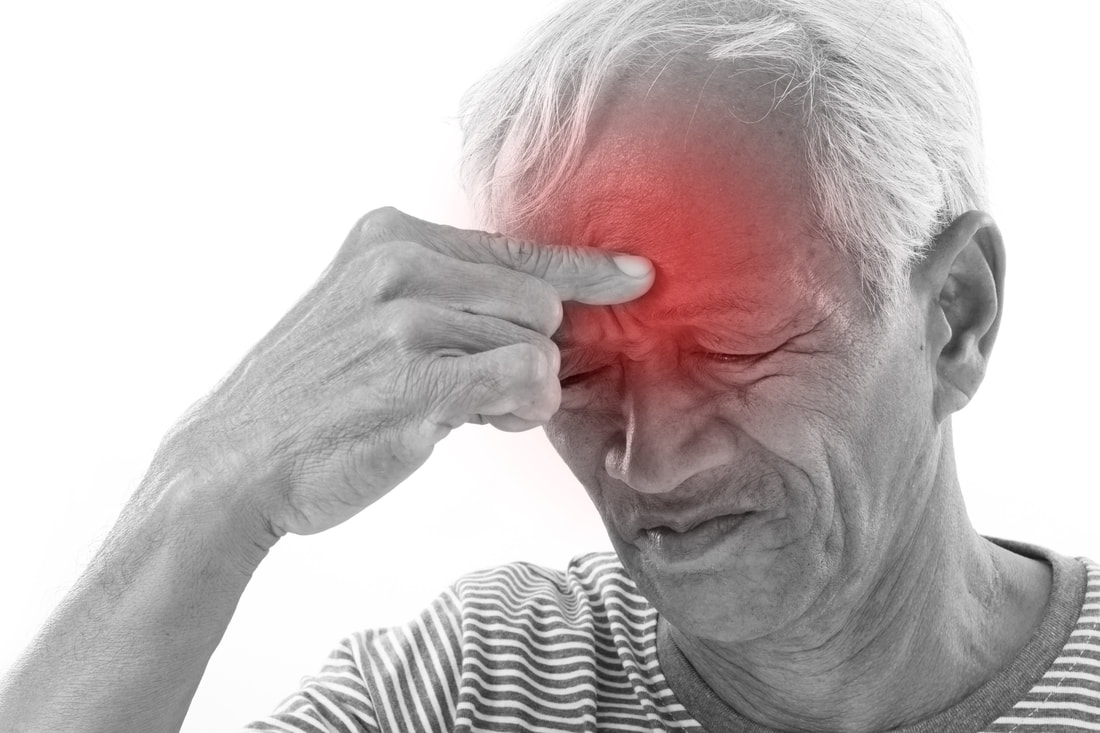


 RSS Feed
RSS Feed